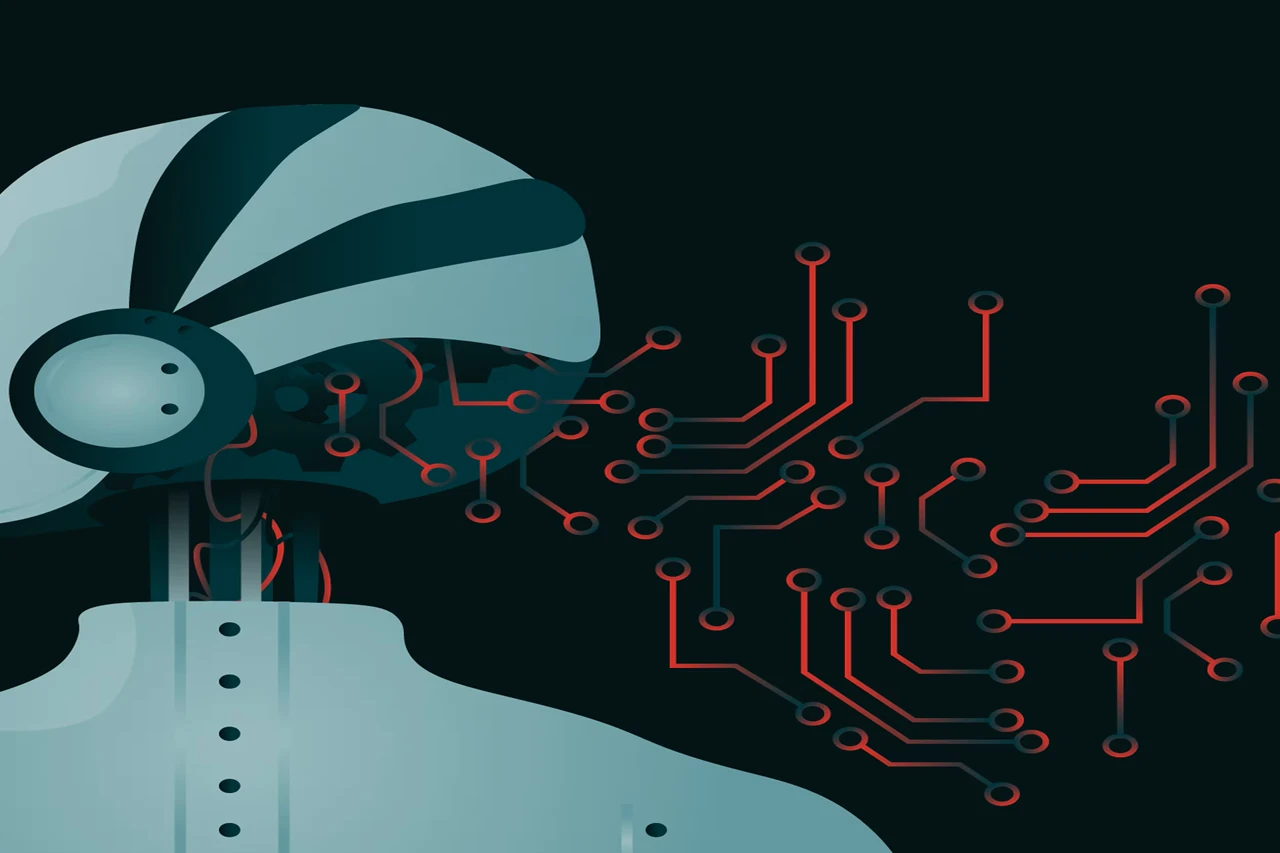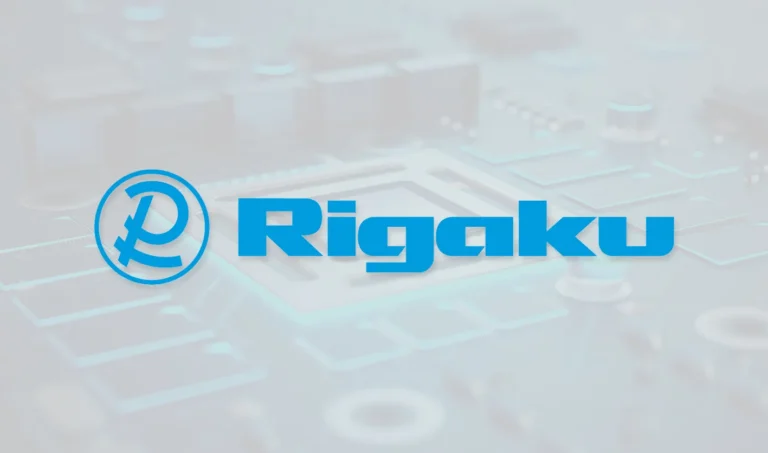Hesperos, Inc., a global leader in developing Human-on-a-Chip® (HoaC) technology for improving preclinical testing across pharmaceuticals, food, cosmetics, and chemicals, has announced a groundbreaking advancement in neuroscience research. In collaboration with Bayer Consumer Health, the company has unveiled the first human-relevant microphysiological system (MPS) capable of modeling stress-induced cognitive dysfunction. This innovative model provides a functional, non-animal approach to studying how stress impacts the brain and enables evaluation of potential therapeutic compounds. The full peer-reviewed study, titled “Developing a Functional Non-Animal CNS Stress Model Utilizing Long-Term Potentiation with Human iPSC-Cortical Neurons to Evaluate Therapeutics,” is now published in Biomedicine & Pharmacotherapy.
Stress plays a significant role in numerous neurological and psychological conditions, including memory impairment, reduced learning ability, and heightened susceptibility to neurodegenerative diseases such as Alzheimer’s and dementia. Cortisol—the primary hormone released during stress—has been closely associated with these effects, influencing brain function in both dose- and duration-dependent ways. Despite extensive research, scientists have long lacked reliable, functional in vitro models that can accurately reproduce the complex neurobiological processes involved in stress-related cognitive decline.
Hesperos and Bayer’s collaborative effort addresses this long-standing gap by developing a novel, human-based model using induced pluripotent stem cell (iPSC)-derived cortical neurons. These neurons were cultured on microelectrode arrays, allowing researchers to record electrical activity and measure long-term potentiation (LTP), a fundamental neural mechanism underlying memory and learning. Through this setup, the team successfully replicated how chronic exposure to cortisol disrupts synaptic communication, mirroring the neural effects of prolonged stress seen in humans.
“This advance demonstrates the ability of Human-on-a-Chip systems to replicate complex neurological processes such as stress-related cognitive decline without the need for animal studies,” said Dr. James Hickman, Chief Scientist at Hesperos and senior author of the study. “The model provides a new tool to better understand how stress affects the brain and to screen candidate therapeutics in a biologically relevant context.”
Breakthrough Findings from the Study
The collaboration between Hesperos and Bayer yielded several critical findings that underscore the power and potential of this new model:
- Recapitulation of stress effects: The researchers observed that prolonged exposure to cortisol caused measurable disruptions in neuronal network activity and significantly impaired LTP. This accurately mimicked how chronic stress weakens the neural processes responsible for cognition and memory.
- Therapeutic potential identified: Remarkably, treatment with Echinacea extract and its active compound, dodeca-2E,4E,8Z,10Z-tetraenoic acid N-isobutyl amide, reversed much of the cortisol-induced impairment. These results suggest that natural compounds could play a meaningful role in mitigating stress-induced cognitive dysfunction.
- Reduced reliance on animal testing: The success of this microphysiological system underscores the growing feasibility of replacing animal models with advanced, human-relevant systems for studying complex neurological and stress-related conditions.
By recreating human neural activity with unprecedented precision, this Human-on-a-Chip model provides a reliable and ethical platform for preclinical testing. Unlike traditional animal-based models, which often fail to replicate human neurophysiology, this system offers real-time, quantitative insights into how stress hormones affect synaptic plasticity and neural health.
“Stress is a hallmark of the modern world and affects nearly everyone on some level,” said Dr. Ramy Ammar, Director of Science Innovation, Global R&D at Bayer Consumer Health. “By better modeling and understanding stress at the cellular level through these innovative approaches, we can accelerate the development of effective and trusted solutions for mental health and cognitive well-being.”
Transforming Preclinical Research with Human-on-a-Chip Technology
Hesperos’ Human-on-a-Chip® systems are engineered to emulate human physiology more accurately than any conventional in vitro or animal model. These platforms combine living human cells within microfluidic chips that mimic the functions and interactions of human organs, providing researchers with real-time data on how drugs or compounds affect biological processes.
The newly introduced stress model builds upon this foundation, enabling direct measurement of neuronal communication, synaptic strength, and long-term plasticity under controlled conditions. Importantly, it also allows for the simultaneous evaluation of therapeutic compounds, identifying which treatments can restore or protect brain function impaired by stress.
This represents a major step forward for the study of neurological disorders, where stress plays a contributing or exacerbating role. Beyond cognitive decline, chronic stress is implicated in anxiety, depression, and even metabolic and cardiovascular diseases. Having a reproducible human-relevant model will allow researchers to connect molecular changes to functional outcomes and speed up the identification of promising new interventions.
Advancing the Future of CNS Drug Discovery
Traditional central nervous system (CNS) drug development faces enormous challenges. Many candidate therapies fail in clinical trials because preclinical models—particularly animal ones—do not accurately represent human neurobiology. The Human-on-a-Chip model introduced by Hesperos and Bayer bridges this translational gap by offering a scalable, human-based approach to testing drug efficacy and safety in conditions that mimic real human stress responses.
Moreover, by integrating AI-driven analytics and real-time electrical monitoring, these systems can quantify subtle changes in neural network activity that may go unnoticed in conventional assays. Such sensitivity could help uncover early biomarkers of cognitive decline and enable preemptive interventions for stress-related disorders.
“The implications of this model extend well beyond stress alone,” added Dr. Hickman. “It lays the groundwork for studying a variety of CNS disorders, from Alzheimer’s and Parkinson’s to traumatic brain injury and depression. With this level of human biological relevance, we can explore how environmental factors, lifestyle, and therapeutics interact to shape brain health.”
A New Era of Non-Animal Research
The development of this stress model marks another milestone in the global shift toward non-animal testing. Regulatory agencies, pharmaceutical companies, and consumer health organizations are increasingly prioritizing alternatives that offer greater accuracy and ethical responsibility. Hesperos’ microphysiological systems exemplify this transition, combining advanced biology, engineering, and data analytics to create platforms that better predict human outcomes.
As the first validated Human-on-a-Chip model to replicate stress-induced cognitive dysfunction, this study demonstrates how biotechnology and innovation can converge to improve mental health research while reducing reliance on animal testing. By bridging scientific rigor with sustainability, Hesperos and Bayer are paving the way for a new generation of human-relevant discovery tools that promise to revolutionize neuroscience and precision medicine.



